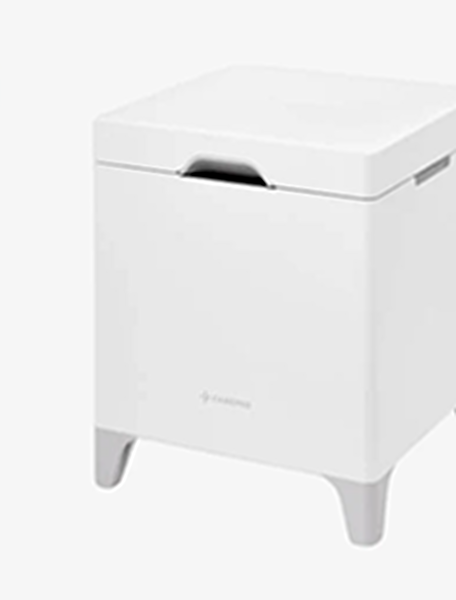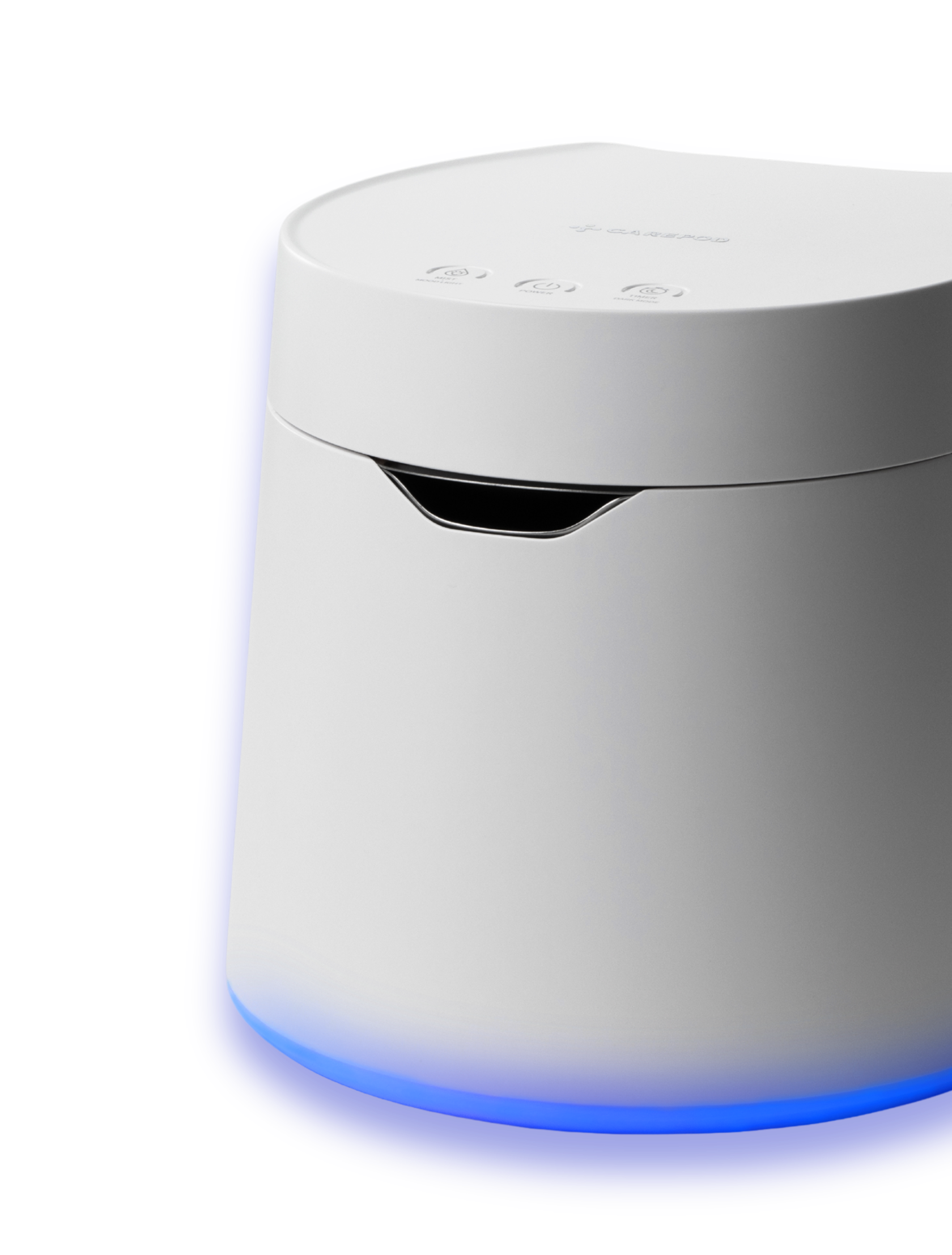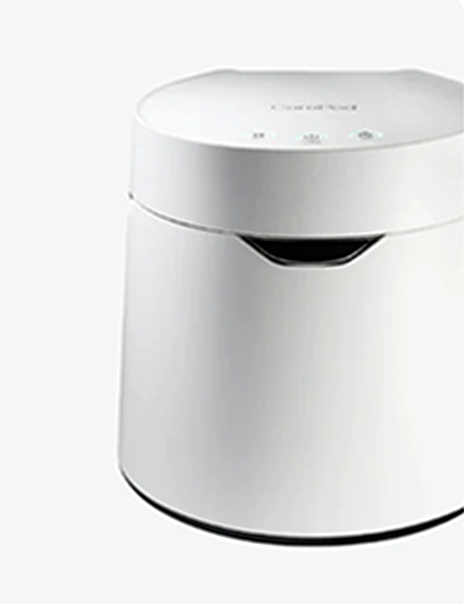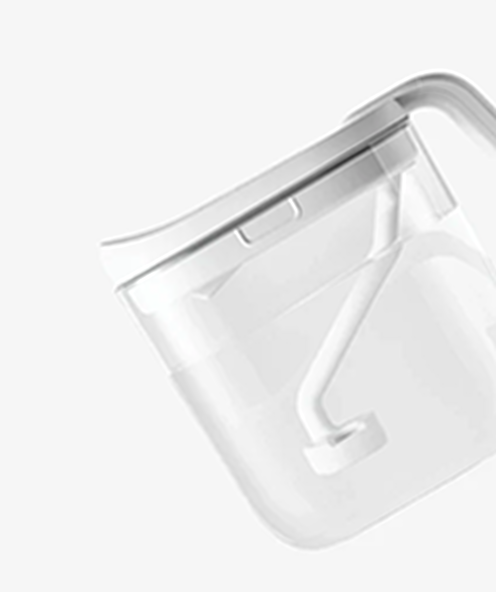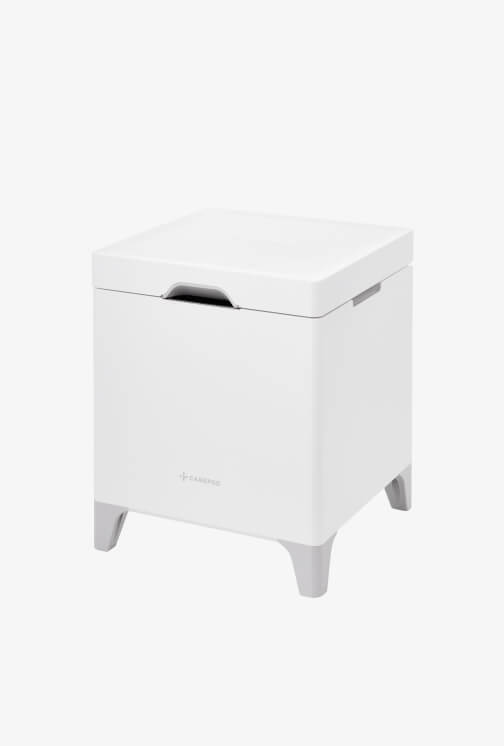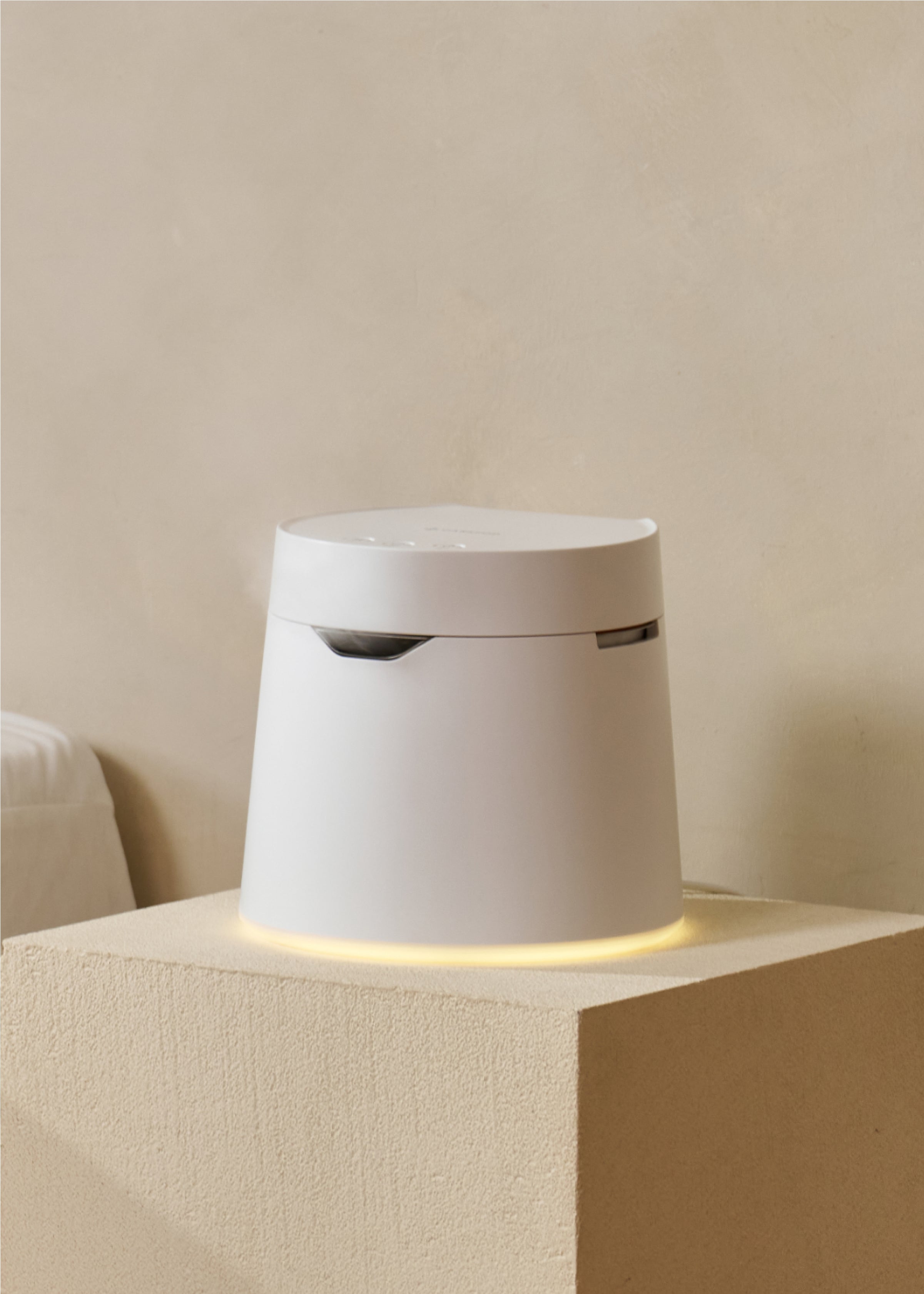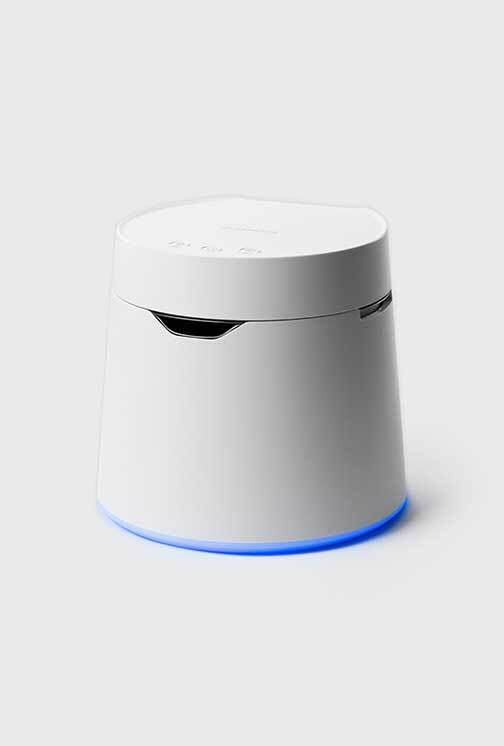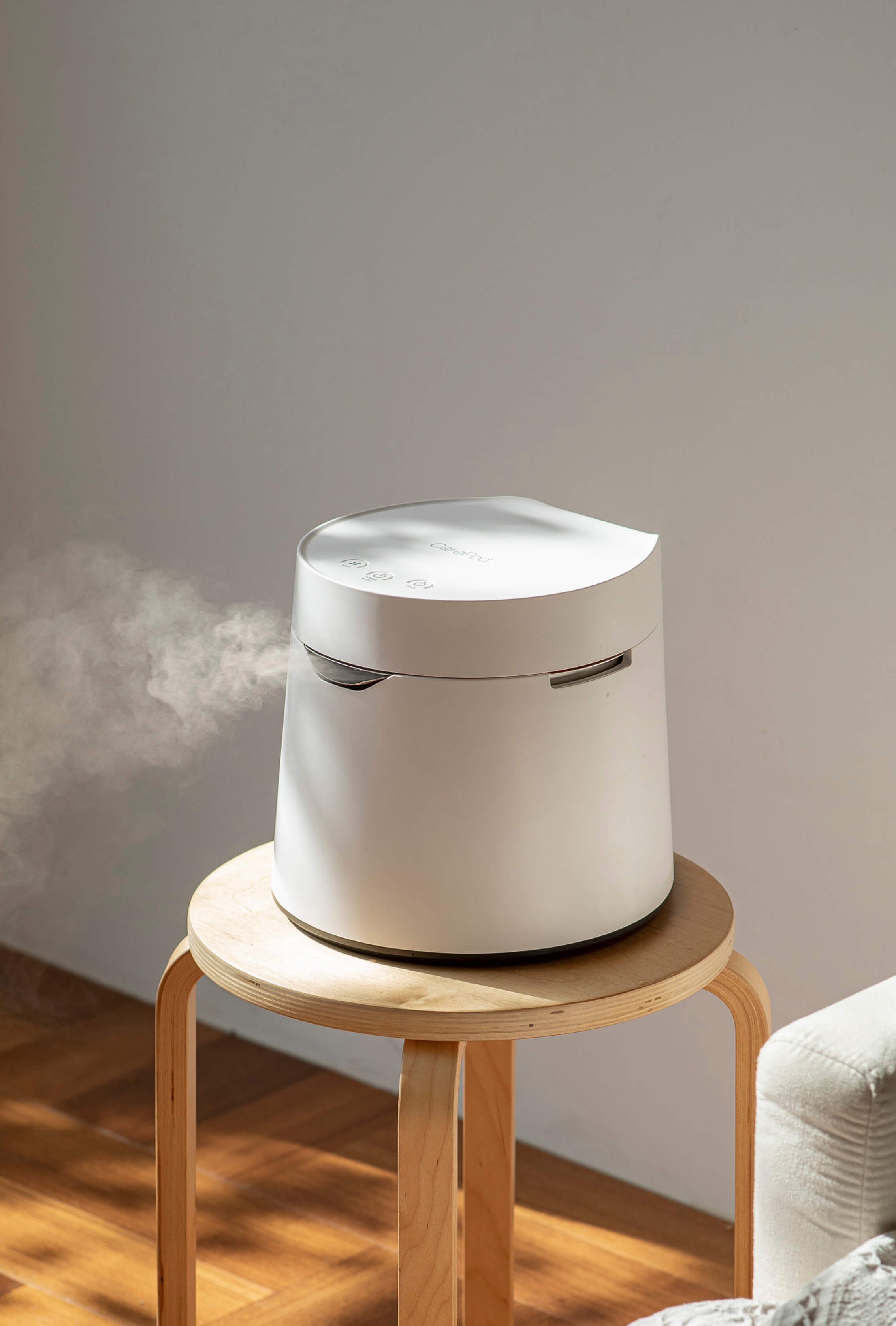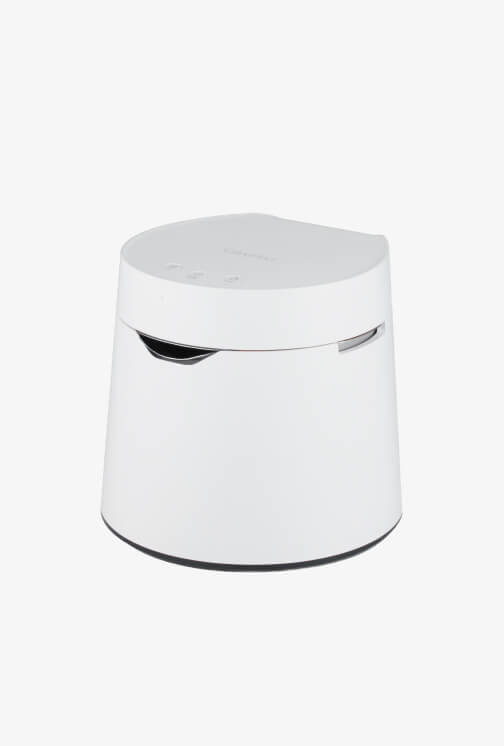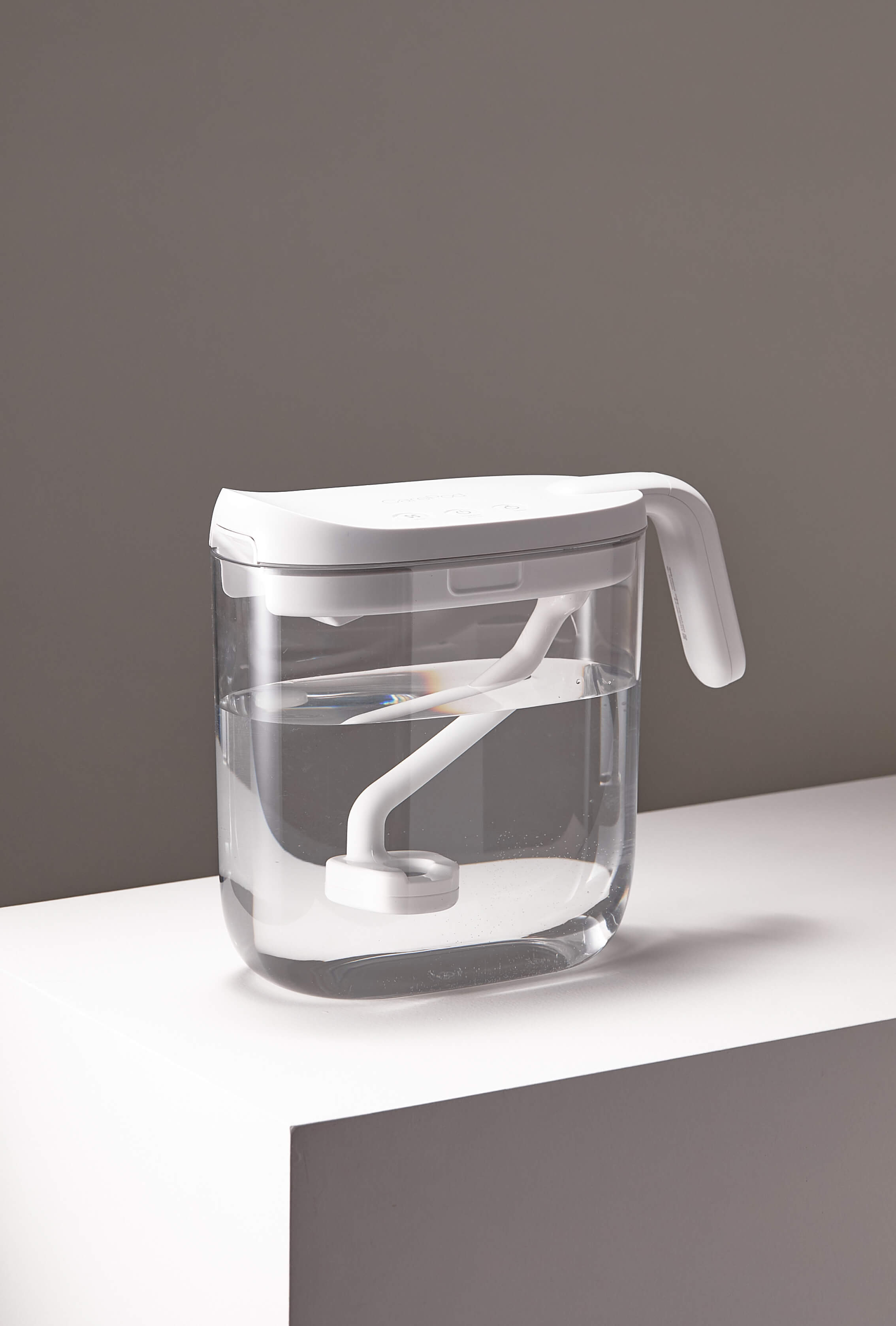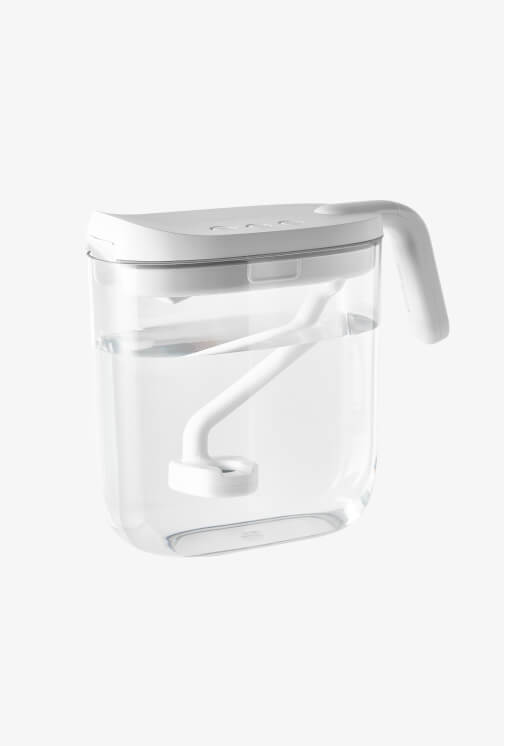7 Steps to a Winter Skincare Routine

To many, the wintertime means hot cocoa, curling up with your favorite book or movie inside, and spending time with the family. A less cozy reality however? Winter can also be harsh, especially when it comes to your skin.
During chilly months, indoor heating causes the air at home to dry out — along with your skin. In fact, dry air tends to strip away the overall moisture from your body, which can impact your appearance, leading to dry, irritated skin and even breakouts.
The truth is, skincare doesn't have to be complicated. Here, we'll introduce 7 simple steps to help combat winter dryness and simplify your skincare routine. Say goodbye to confusion and hello to healthy, glowing skin all season long.
1. Cater to Your Skin Type
Selecting the right skincare product is a lot like finding the perfect outfit. One size doesn't fit all, and it's important to know your unique skin type to choose a product that best matches your needs.
According to the American Academy of Dermatology (AAD), there are five primary skin types: oily, dry, normal, combination, and sensitive skin.
We recommend doing further research to determine what your skin type is and learning how to best care for it. If you're unsure about your skin type or would like to learn more, you can always connect with a skincare professional or your dermatologist to learn valuable insights.
With your newfound knowledge, be sure to closely read the labels on any skincare products when shopping to understand the ingredients and make well-informed choices.
Remember: whether it's for cleansing, moisturizing or exfoliating, it's not all about what product is popular or trendy at the moment — it's about what works best with your skin type to help maintain a healthy complexion all-year-round.

2. Choose a Gentle Daily Cleanser
Washing your face may just be the most important part of your skincare regimen — but during the winter, don't overdo it.
While gentle cleansing is essential, it's crucial not to overburden your skin, especially in a season where it's frequently exposed to harsh, cold, and dry air.
Especially if your skin is sensitive, we encourage you to look for gentle cleansers. That means stepping away from foaming or bubbly cleansers that may be salicylic acid-based and packed with sulfates. They effectively remove dirt and oil but may leave your face feeling extra-dry afterwards. Alternatively, look to cleansing creams, creamy balms and oils that do the same thing just as effectively without overly impacting your skin barrier.
3. Exfoliate — Once or Twice a Week
Along with moisturizing, exfoliating is another crucial step to ensuring your skin's health. But during the winter, just as with cleansing, moderation is key.
During the colder months, the lack of moisture in the air often leads to dry and flaky skin, a.k.a. dead skin cell buildup. Exfoliation is the process of removing these dead skin cells to maintain your skin's normal complexion.
However, as mentioned earlier, the dry winter air also makes your skin more sensitive, so overdoing the process may cause further damage. In fact, if you have reactive or irritated skin, using the wrong exfoliator or exfoliating too frequently can lead to inflammation, itching, redness, and discoloration.
For these reasons, it's best to limit exfoliation to one or two times a week and to choose a milder exfoliant. This will keep irritation to a minimum, preventing the loss of essential oils and moisture in the process.
When shopping for your next exfoliant product, look for ingredients such as jojoba beads or fruit acids, which will work to leave you feeling smooth and fresh without damaging your skin's natural barriers. Try to avoid fragrance, which is a common skin irritant that can cause redness and inflammation.

4. Choose a Richer Moisturizer
Nourishing your skin with moisturizer is another crucial step to ensure healthy skin during winter.
While it's important to understand which type of product best suits your specific skin type, opting for a thicker moisturizer is a general recommendation for the wintertime.
That's because the dry, chilly air in your surroundings can deplete your skin of its essential moisture, leaving it dry and uncomfortable.
A thicker consistency moisturizer, typically labeled as "rich" or "emollient," helps to more effectively shield your skin from the harsh elements of the season and lock in hydration. This protects your skin from the cold and prevents moisture loss.
When you're at the store, search for ingredients such as hyaluronic acid, dimethicone, and gylcerin. All of these work to treat dry winter skin by replenishing your skin's natural moisture levels.
5. Layer with a Hydrating Serum
Incorporating a hydrating serum into your daily skincare routine is another great way to protect your skin in the winter. These serums deliver a combination of ingredients that work to nourish and revitalize dry skin.
For optimal results, use it as a layer underneath your moisturizer. Before moisturizing, simply add a few drops of the solution to your fingertips and gently pat it across your face. This step helps to prevent water loss and ensures that moisture is fully locked in.
When selecting the right product, take caution with active ingredients such as alpha hydroxy acids or retinol if your skin is sensitive or dry in the wintertime.
Instead, consider gentler options, which typically include ingredients such as peptides, bakuchiol, or PHAs to keep your skin hydrated without causing irritation.

6. Hydrate Your Air
Introducing a humidifier into your bedroom can be a relief during the winter season.
As explained by Marina Peredo, a board-certified dermatologist in New York City, “a humidifier pulls moisture back into the air to improve dry, itchy skin and help it retain that hydration.”
During the wintertime, central heating in your home reduces the indoor humidity levels. This causes the surrounding air (and your skin) to become dehydrated.
A humidifier works by releasing a gentle mist of water vapor into your surroundings to increase the humidity level. This provides the air and your skin with much-needed moisture during the cold season. It's the simplest, most effective way of infusing dry air around you.
Maintaining the right humidity level keeps your skin healthy by preventing it from becoming dehydrated and losing its natural oils. This effect provides relief for conditions such as eczema and psoriasis.
And of course, keeping your skin hydrated with a humidifier can help you maintain a glowing, radiant appearance in the wintertime and all-year-round.
7. Use an Overnight Sleep Mask
Did you know that your skin needs sleep as well? That’s why experts recommend using an overnight sleep mask, especially in the winter.
"Your skin undergoes circadian rhythms," explains Joshua Zeichner, a NY-based board-certified dermatologist. "Skin hydration levels start to decline in the afternoon and continue overnight, so p.m. masking is extremely helpful to keep the skin hydrated."
A sleep mask is the perfect final step to your nighttime routine. It works as a protective barrier to prevent exposure to dry air and lock in any products such as creams and serums you may have applied earlier.
So if you’re looking to sleep comfortably and wake up with glowing, hydrated skin in the morning, an overnight mask may just be the perfect solution.
